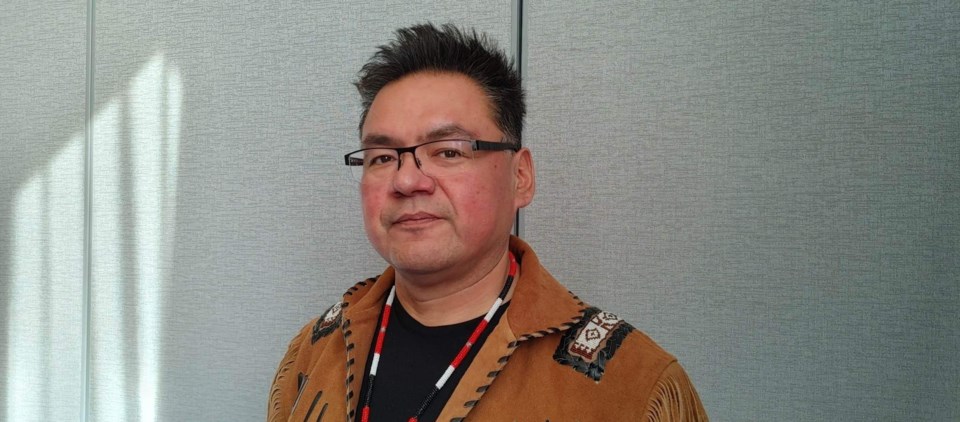THUNDER BAY — A monumental First Nations child welfare compensation settlement approved by a federal court judge this week has been a long time coming, says a Nishnawbe Aski Nation deputy grand chief.
The landmark ruling from Canada's federal court approves a $23 billion settlement for First Nations' children and families that suffered discrimination and racism through various underfunded federal family services as well as foster care system failures while on-reserve.
Nishnawbe Aski Nation Deputy Grand Chief Bobby Narcisse said the settlement will significantly impact First Nations peoples in the region.
"I felt it was a long time coming for many. It's great in terms of many of our families [that] do need this settlement as well. But at the same time, I'm just having mixed feelings too that there's still a lot to do, and money doesn't really fix everything," Narcisse said.
"I'm really, really happy, in fact, that this will be a form of reconciliation and moving ahead. But these are small steps, and I think by recognizing the inherent jurisdiction of our First Nations and our leadership to really determine how they want to create their own system, supporting their children, youth and families, I think is a step in the right direction. [And] in the spirit of reconciliation and moving ahead too."
Since the settlement dates back to 1991, Narcisse estimates close to a couple of hundred thousand people could be eligible for compensation through various streams of the settlement agreement. Some eligibility factors include families who've lost children in that period, those who've made claims and been denied for Jordan's Principle, and others, which will be detailed in the coming weeks on who will be eligible and how to file a claim.
When asked for comment on the ruling, Minister of Indigenous Services Patty Hajdu's office provided a statement calling the compensation essential.
"Today is a historic day for Canada. The $23 [billion] settlement to compensate First Nations children and families for decades of underfunding in child and family services has been approved by the court. Although nothing can make up for the harm [and] pain it caused, compensation is essential," she stated.
Hajdu thanked the Assembly of First Nations, Moushoom and Trout class action plaintiffs and the First Nations Child and Family Caring Society for their significant contributions.
"Their leadership has pushed Canada to do the right thing and is moving us forward on the path to reconciliation."
NAN sought and was granted intervenor status at the Canadian Human Rights Tribunal proceedings that would consider NAN communities, which are remote, have increased remote costs, and varied access to services as well as mental health supports.
While a $40,000 payout can be helpful to many, Narcisse is concerned for those who struggle with addictions.
"We've heard some of our chiefs say that a payout of this size could be like a death sentence to people that still have addiction issues and that are still involved with opioids or drugs and alcohol," Narcisse said. "We want to ensure that there are safeguards and mental health supports available for those individuals as well."
"We want to ensure that there are mental health supports available and there are supports available at the community level too for these claimants to access the tribunal."
As the base compensation amount is $40,000, depending on circumstances and eligibility factors, families could receive more.
Narcisse said NAN will be coordinating with Indigenous Services Canada and various child and family services while also meeting with other First Nation groups across Canada for the next few months on the next steps for the settlement agreement.
The deputy grand chief said he's joining chiefs across Canada in calling for an apology from Prime Minister Justin Trudeau "[for] the crown's involvement over the years for supporting a colonial child and family services regime that has taken our children away from families over the years."
Details on Jordan's Principle can be found here.
